Report: No high-ranking Iranian official has joined Vienna talks on JCPOA revival
A new report citing sources close to the Iranian delegation participating in the Vienna talks on the removal of anti-Iran sanctions has rejected rumors about the presence of a high-ranking Iranian official in the talks, noting that the country's top negotiator has enough authority for conducting the negotiations.
The rejection on Thursday came in an article by Iran’s Nour News website after an American journalist, citing an unnamed individual living near the residence of Iran’s ambassador to international organizations in the Austrian capital, claimed that the Iranian delegation to the Vienna talks is “hosting someone senior from Tehran” in the current round of negotiations on the removal of unilateral sanctions against the Islamic Republic.
“Fwiw, a Vienna contact who lives near the Iranian ambassador residence told me yest: There is a lot going on there suddenly. Plenty of secret agents; the lights on all night. Assume they are hosting someone senior from Tehran. Has never been like that since the talks re-started,” Laura Rozen claimed in a tweet on Wednesday.
The groundless claim by the Politico columnist was followed by a range of other news items circulating in the social media that alleged Mohammad Eslami, head of the Atomic Energy Organization of Iran (AEOI), was likely to travel to Vienna to provide expert advice to the negotiating team.
Abbas Aslani, an Iranian political journalist who is also a senior research fellow at the Center for Middle East Strategic Studies (CMESS), citing a close source to the Iranian delegation in the Vienna talks, also dismissed the reports and said there was no need for any new senior or high-level official as Iranian chief negotiator Ali Bagheri Kani has the “needed mandate and is fully authorized for the talks.”
“To clarify on this, I asked a source close to #Iran negotiating team. He said, “Funny! No need for any new senior or high-level Iranian official to attend the Vienna talks. Iranian chief negotiator @Bagheri_Kani has the needed mandate & is fully authorized for the talks,” Aslani said in a post on his Twitter account.
To clarify on this, I asked a source close to #Iran negotiating team. He said, “Funny! No need for any new senior or high-level Iranian official to attend the Vienna talks. Iranian chief negotiator @Bagheri_Kani has the needed mandate & is fully authorized for the talks”. https://t.co/7LraDI3HW2
— Abas Aslani (@AbasAslani) February 10, 2022
The publication of such news, which is quoted from fake sources, is considered as an attempt to create a purposeful atmosphere in order to have a psychological impact on the negotiations in Vienna.
Western media have over the past days been trying to establish two false statements through the publication of fake stories, including the "necessity of making a political decision by Iran," and a "self-proclaimed deadline," which diverts the public opinion towards the formation of an emergency in the negotiations.
Since February 8, the Iranian negotiating team has been engaged in Vienna talks with detailed and comprehensive instructions as well as sufficient authority, and follows the negotiation process in accordance with the policies set with the priority of pursuing talks with the final goal of removing anti-Iran sanctions.
Although the US side has been slowing down the negotiation process due to the incoherence of Washington’s governing body and the lack of sufficient authority, the Islamic Republic has repeatedly stated that it will not sacrifice its goal of reaching a good agreement for unreasonable ultimatums.
Iranian President Ebrahim Raeisi said earlier on Thursday that the current US administration’s adherence to the failed policies of its predecessor with regard to Iran is the main obstacle to making “acceptable progress” in the Vienna negotiations.
Former US President Donald Trump unilaterally left the deal, officially called the Joint Comprehensive Plan of Action (JCPOA), in May 2018 and re-imposed the anti-Iran sanctions that the deal had lifted. He also placed additional sanctions on Iran under pretexts irrelevant to the nuclear case as part of his “maximum pressure” campaign.
In May 2019, following a year of strategic patience, Iran decided to let go of some of the restrictions on its nuclear energy program, resorting to its legal rights under the JCPOA, which grants a party the right to suspend its contractual commitments in case of a non-performance by the other side.
The administration of US President Joe Biden says it is willing to compensate for Trump’s mistake and rejoin the deal, but it has retained the sanctions as leverage.
Envoys from Iran and the P4+1 group of countries — Britain, France, Russia, and China plus Germany — have been holding negotiations in the Austrian capital for 10 months in a bid to resurrect the JCPOA. The eighth round of the talks resumed on February 8 after a short pause over the diplomats' return to their capitals for consultations.
Epstein files fallout: Norwegian police launch corruption probe into veteran diplomat
VIDEO | Iranian embassy in China celebrates Islamic Revolution anniversary
VIDEO | UK police arrest Palestinian journalist, Press TV contributor
VIDEO | Fighting British state
UN chief condemns new Israeli annexation project in occupied West Bank
Araghchi briefs foreign ministers of Turkey, Egypt and S. Arabia on US talks
JD Vance’s Caucasus trip deepens concerns over sovereignty, security and US meddling
VIDEO | Press TV's news headlines


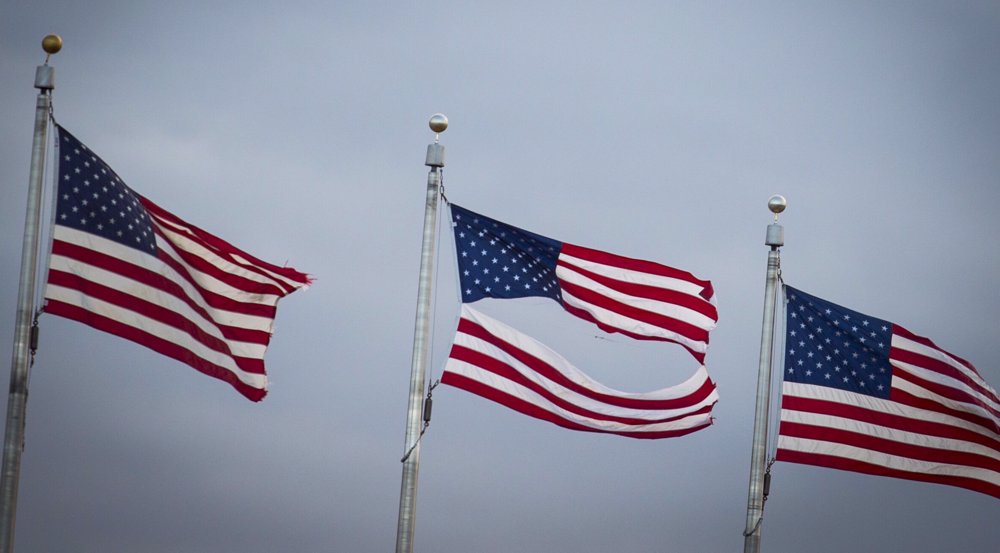
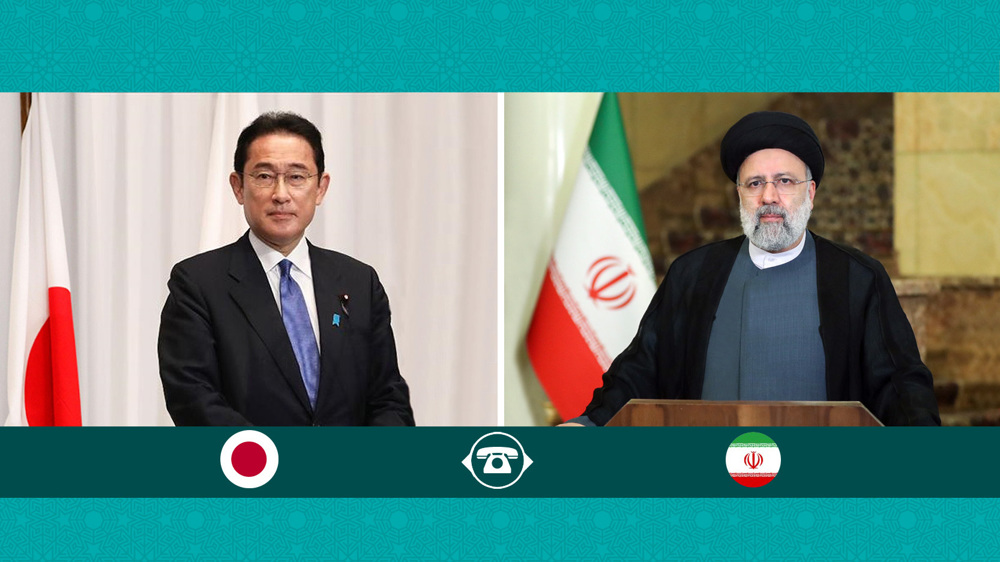
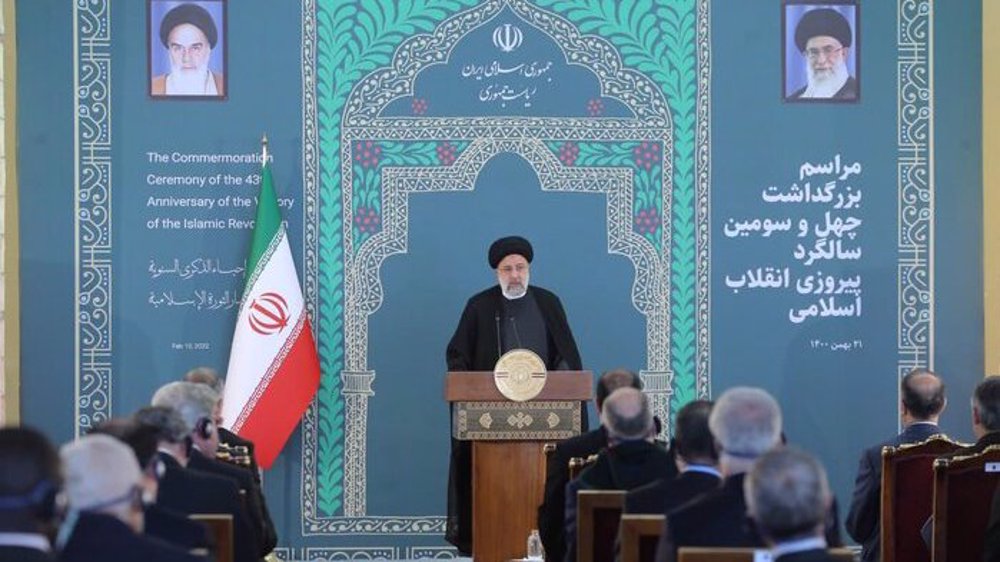
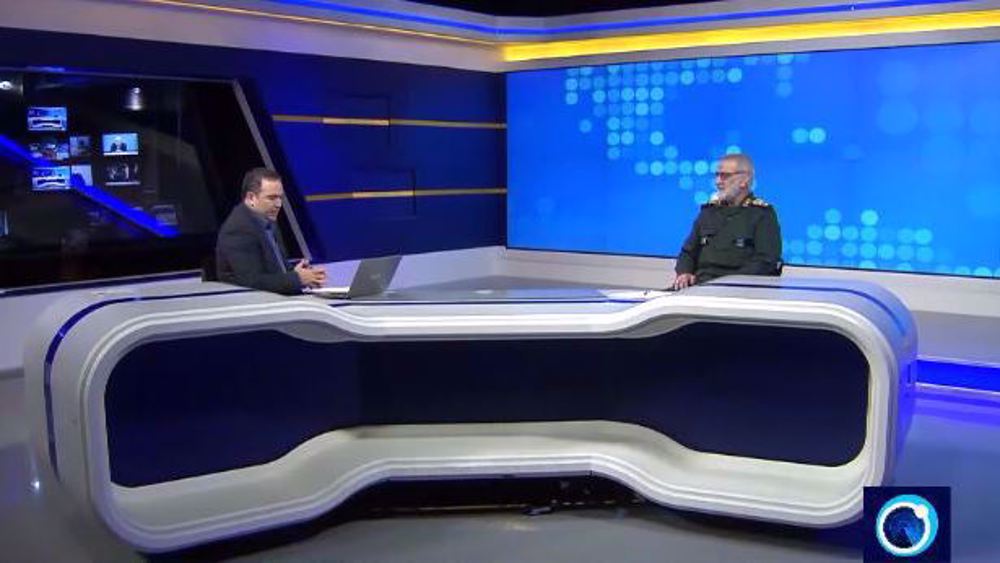
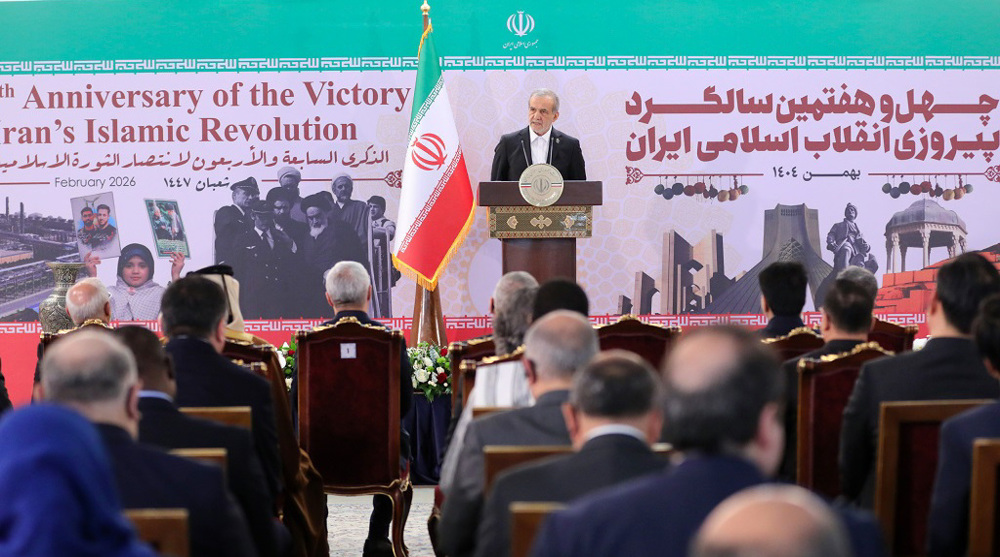
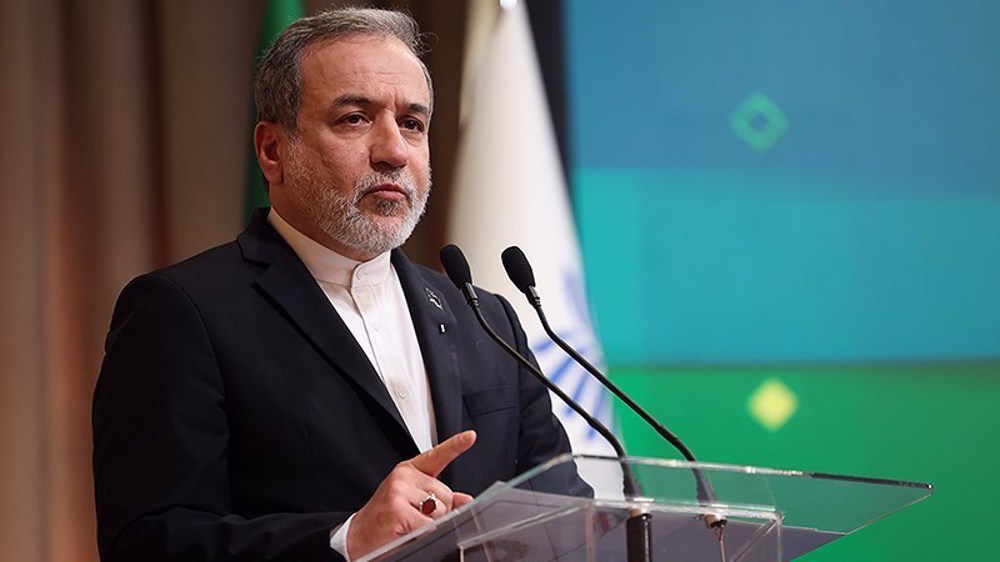




 This makes it easy to access the Press TV website
This makes it easy to access the Press TV website